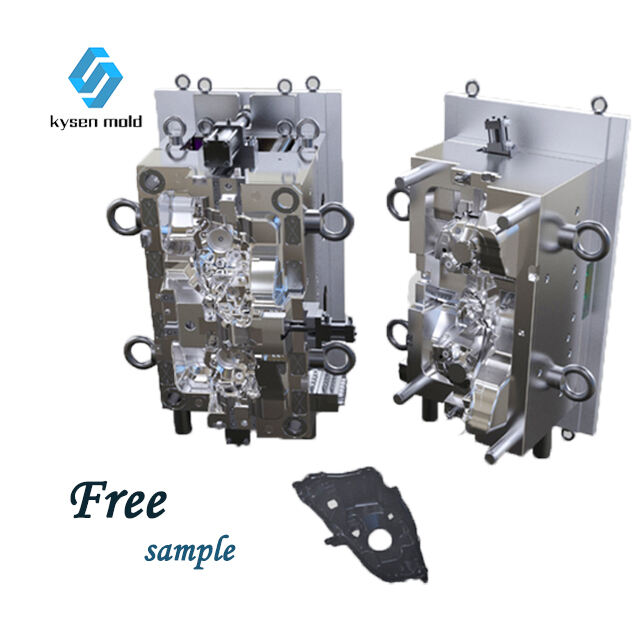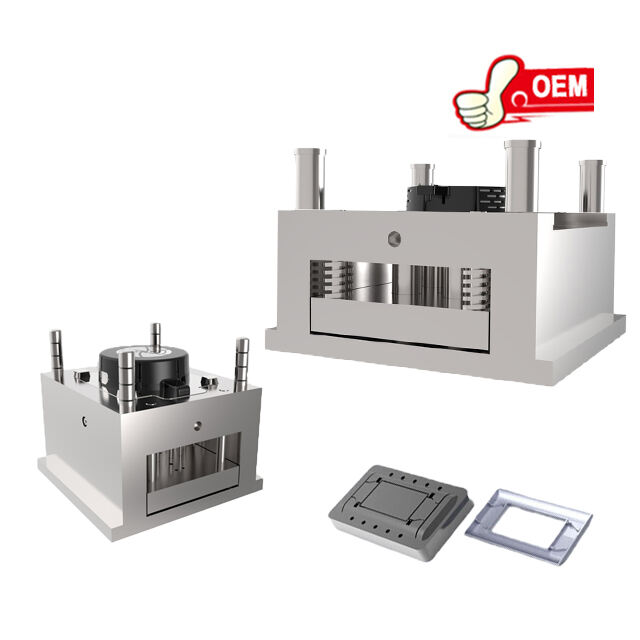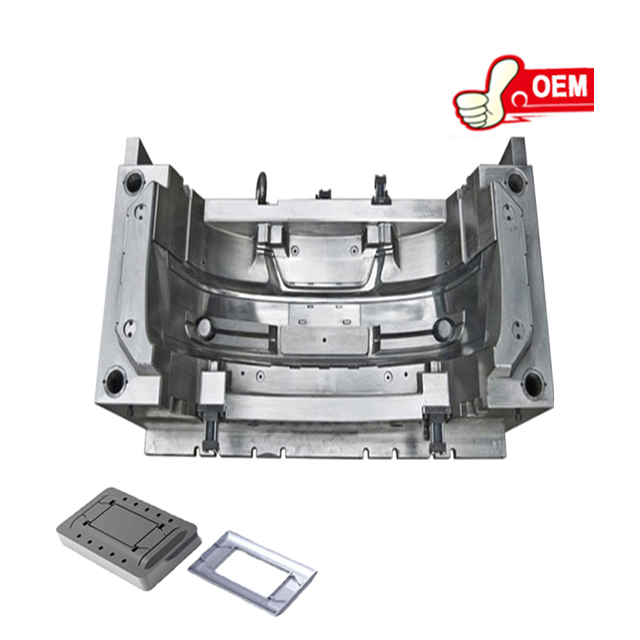plastic injection die
The plastic injection die is a fundamental tool in the manufacturing industry, used primarily for producing plastic parts by injection molding. Its main function is to shape molten plastic into a desired form through the use of a hollow mold cavity. Technological features of the die include precision engineering, temperature control systems, and automated operation capabilities. The die typically consists of two halves which, when clamped together, form the complete mold. Its applications span across various industries, from automotive to consumer goods, due to its efficiency and ability to produce complex shapes with high accuracy. This enables manufacturers to create products that are not only functional but also aesthetically pleasing and cost-effective.


